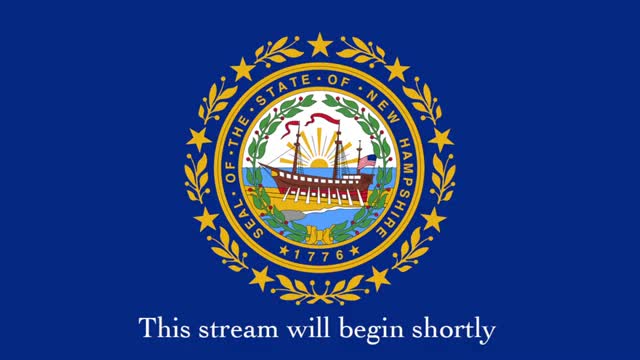Article not found
This article is no longer available. But don't worry—we've gathered other articles that discuss the same topic.
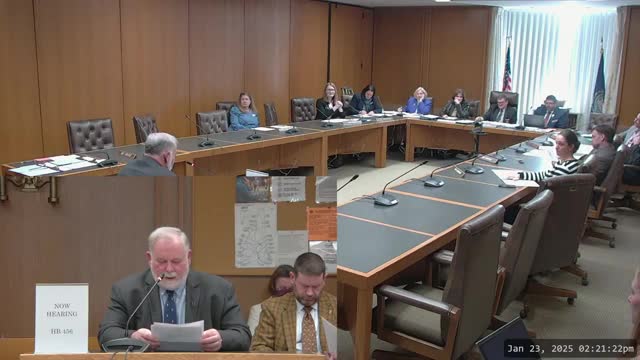
Sponsor seeks to limit executive-branch advocacy before committees; agencies warn of operational and constitutional conflicts
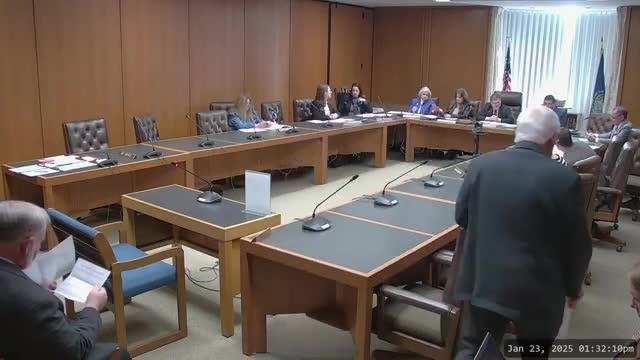
Mixed reaction as sponsor seeks penalties and testimony restrictions for state employees who give false statements
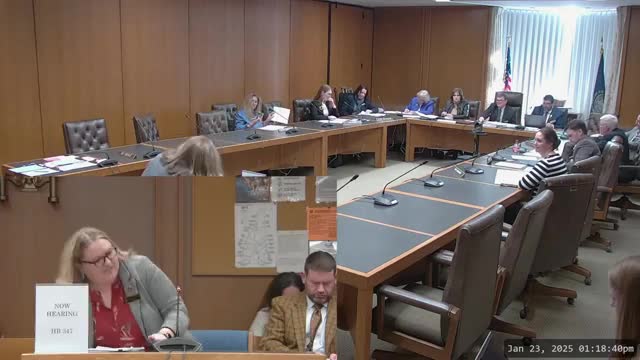
Sponsor proposes job-protection leave for legislators to prevent employment conflicts during session
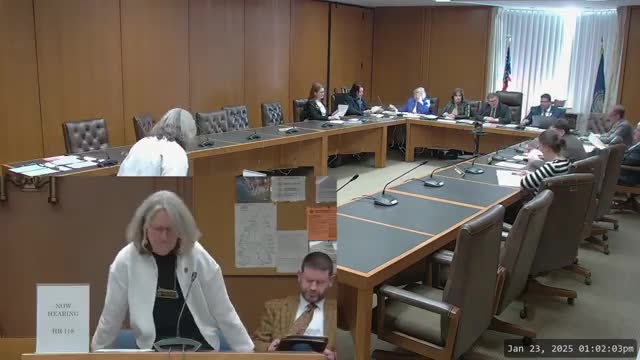
Prime sponsor urges 10-minute breaks after three hours of continuous legislative proceedings
